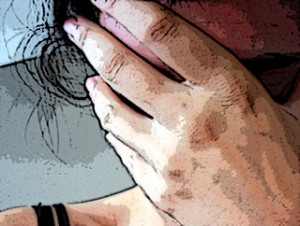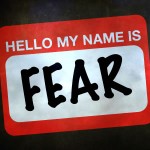 People who practice emergency preparedness often think about the physical part of survival after a disaster. But, I suspect that many don’t give enough thought to learning ways to deal with the emotional fallout from a catastrophe.
People who practice emergency preparedness often think about the physical part of survival after a disaster. But, I suspect that many don’t give enough thought to learning ways to deal with the emotional fallout from a catastrophe.
Of course, I’m not a professional, nor do I play one on TV ツ, but I have read up some on this area in order to develop our disaster coping skills.
A simple place to start is the FEMA page on Coping with Disaster. It covers some basics:
- Understand Disaster Events
- Recognize Signs of Disaster Related Stress
- Easing Disaster-Related Stress
Another good basic resource is an American Red Cross PDF file on Taking Care of Your Emotional Health after a Disaster (click here for a Spanish version). It includes these three main areas of discussion:
- What you may be feeling now
- Taking action
- If you still don’t feel better
The American Academy of Experts in Traumatic Stress (AAETS) also has an article on Dealing With Crisis and Traumatic Events that I’ve found helpful too. It covers a number of helpful topics, including:
- What is a traumatic experience?
- What is crisis intervention?
- Types of crises
- Secondary trauma
- Symptoms and reactions
- Emotional reactions
- Possible physical reactions
- How to better cope
- How to help family members and friends cope
Incidentally, the AAETS also highlights the book It’s OK Not To Be OK … Right Now (How to Live Through a Traumatic Experience) on their website. (Disclosure: I have not read this book, but each of the nine reviewers on Amazon give it a five-star rating, so it looks pretty worthwhile. As such, it’s on my reading list.)
- Who is at Risk?
- What Creates Vulnerabilities in Children?
- A Child’s Reaction to Disaster by Age
- Meeting the Child’s Emotional Needs
- Reassuring Children After a Disaster
- Monitor and Limit Your Family’s Exposure to the Media
- Use Support Networks
You can also download a PDF booklet of Helping Children Cope with Disaster (available here in Spanish).







